Manchester City owners target more clubs and global growth
City Football Group already has six clubs in its portfolio and is aiming for more
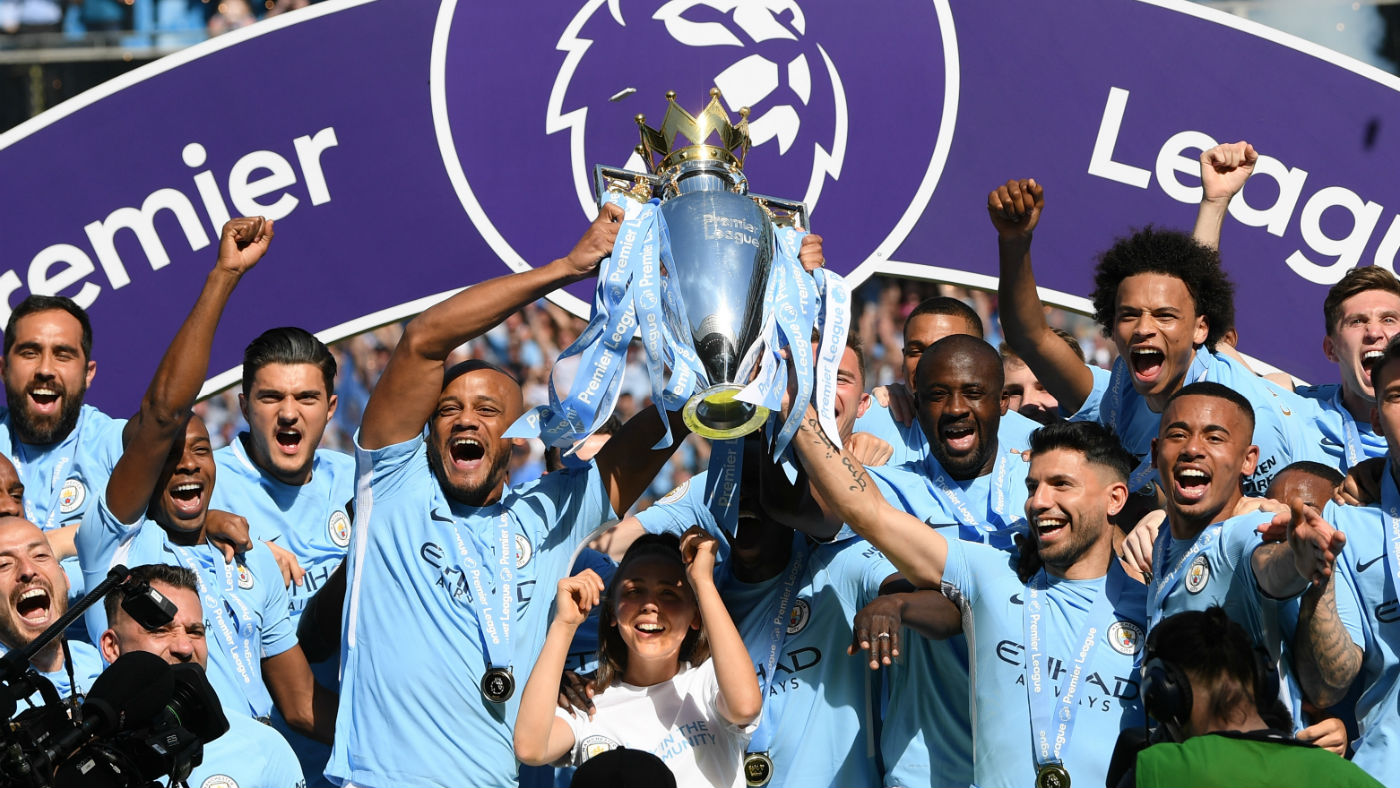
A free daily email with the biggest news stories of the day – and the best features from TheWeek.com
You are now subscribed
Your newsletter sign-up was successful
Manchester City’s “blueprint” for success both on and off the football pitch is driving the expansion plan of the club’s parent company.
Since being taken over in 2008, City have won three Premier League titles, one FA Cup and three League Cups. However, it’s not just the on-pitch achievements that are key, but also the business and off-pitch strategies.
The Abu Dhabi United Group, privately owned by Sheikh Mansour bin Zayed Al Nahyan, bought out City in 2008 and five years later created the City Football Group (CFG).
The Week
Escape your echo chamber. Get the facts behind the news, plus analysis from multiple perspectives.

Sign up for The Week's Free Newsletters
From our morning news briefing to a weekly Good News Newsletter, get the best of The Week delivered directly to your inbox.
From our morning news briefing to a weekly Good News Newsletter, get the best of The Week delivered directly to your inbox.
Launched in May 2013 with the aim of international expansion and acquisitions, CFG now has six clubs in its portfolio. Three are majority owned - Man City, New York City (United States) and Melbourne City (Australia) - and three are investment stakes - Yokohama F Marinos (Japan), Club Atletico Torque (Uruguay) and Girona (Spain).
Growth and expansion
With the “City” brand now on three continents, there are plans for more acquisitions of clubs it was revealed this week by Nuria Tarre, CFG’s chief marketing officer. Continuing to grow Man City’s global footprint is another major aim for the group.
Speaking at the Leaders Sport Business Summit in London, she said: “Growth is our mantra. Primarily the focus is on Manchester City in terms of growth, but for the City Football Group to grow globally we plan to have more clubs in other parts of the world. Our expansion is mostly geographical. From a Manchester City point of view, the US and Asia are a big focus.
A free daily email with the biggest news stories of the day – and the best features from TheWeek.com
“It’s not just about geographical growth, but about reaching new audiences. Women and kids are very important to us and part of our growth strategy.
“Also getting into new businesses around football. We made the choice we are only about football. Within sports it’s only about football, but within football we are also looking at new businesses like venture capital investments and esports.”

All or Nothing
One way of taking the City brand to new audiences has been via social and digital media channels.
The biggest success story so far for CFG and Man City has been the behind-the-scenes documentary series broadcast on Amazon Prime.
Launched in August this year, the eight-part All or Nothing: Manchester City series focused on the 2017-18 Premier League title-winning campaign. Pep Guardiola’s side stormed to the league title with a record 100 points while playing a style of football praised by pundits and fans alike.
Speaking about the Amazon partnership, Tarre said the series was not only unique but it attracted football fans in general. She said: “We were looking at an opportunity to produce content in a very unique way. We are not afraid of showing things as they are, which is not always simple in football, and Amazon came to us with this incredible opportunity.
“We have all been overwhelmed by the success of it [the documentary]. It shows a lot about the organisation.
“It’s easy to say now that we know how the season ended, of course we are very proud of the success and record-breaking season in the Premier League. But we were not to know [how the season would end]. We were there to win.
“This type of content appeals to football fans in general, it’s a way to go beyond our channel.”
The City way
One region where the City Football Group will aim to grow is in China. Until December 2015 CFG was owned in full by the Abu Dhabi United Group. Then the China Media Capital consortium bought 13% of the shares.
But wherever the expansion takes place, the group will use the blueprint and business success of the clubs in its portfolio. Tarre concluded: “We believe that all clubs should play the same type of football and have the same commercial know-how as well.”
City Football Group: the clubs Majority ownership
- Manchester City
- Manchester City Women
- New York City (USA)
- Melbourne City (Australia)
- Melbourne City Women (Australia)
Investments
- Yokohama F Marinos (Japan)
- Club Atletico Torque (Uruguay)
- Girona (Spain)
-
 The ‘ravenous’ demand for Cornish minerals
The ‘ravenous’ demand for Cornish mineralsUnder the Radar Growing need for critical minerals to power tech has intensified ‘appetite’ for lithium, which could be a ‘huge boon’ for local economy
-
 Why are election experts taking Trump’s midterm threats seriously?
Why are election experts taking Trump’s midterm threats seriously?IN THE SPOTLIGHT As the president muses about polling place deployments and a centralized electoral system aimed at one-party control, lawmakers are taking this administration at its word
-
 ‘Restaurateurs have become millionaires’
‘Restaurateurs have become millionaires’Instant Opinion Opinion, comment and editorials of the day
-
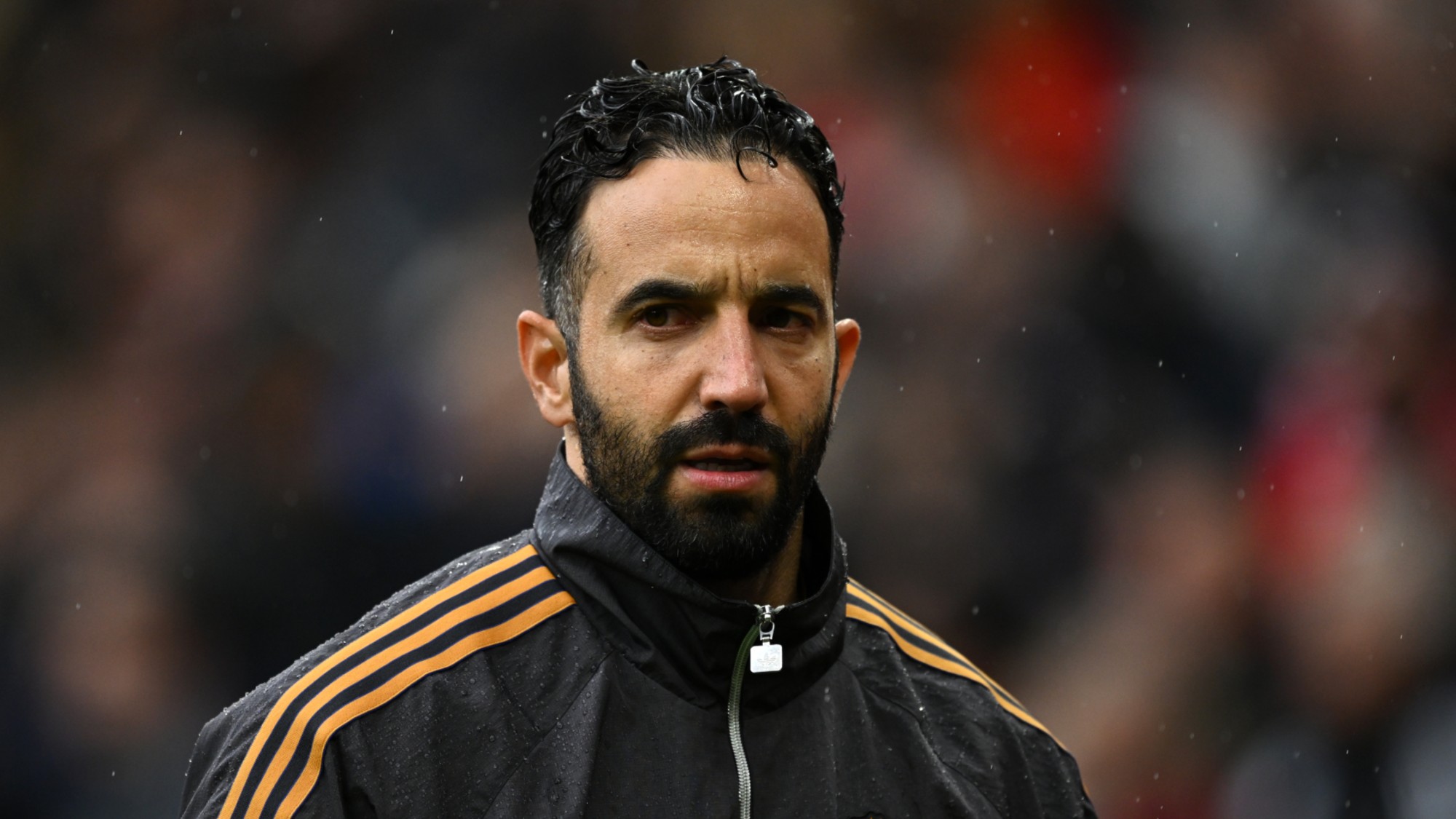 Amorim follows Maresca out of Premier League after ‘awful’ season
Amorim follows Maresca out of Premier League after ‘awful’ seasonIn the Spotlight Manchester United head coach sacked after dismal results and outburst against leadership, echoing comments by Chelsea boss when he quit last week
-
 Sports betting is causing athletes to be abused and harassed online
Sports betting is causing athletes to be abused and harassed onlineUnder the radar Baseball players, tennis stars and others have raised the alarm
-
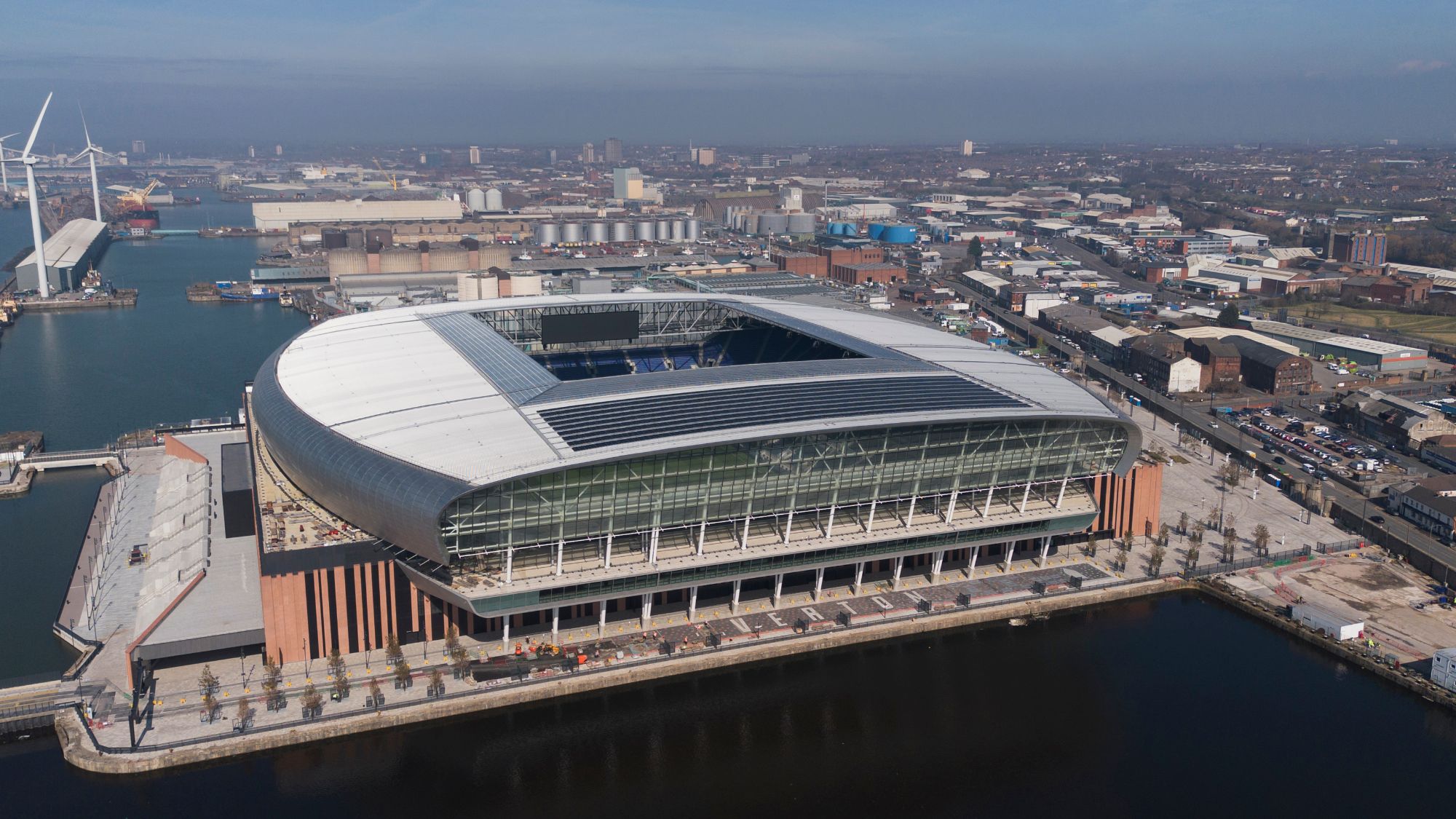 How do new stadiums affect football clubs?
How do new stadiums affect football clubs?In the Spotlight Everton's decision to move its men's team out of Goodison Park could be a catalyst for vital change, but there are cautionary tales too
-
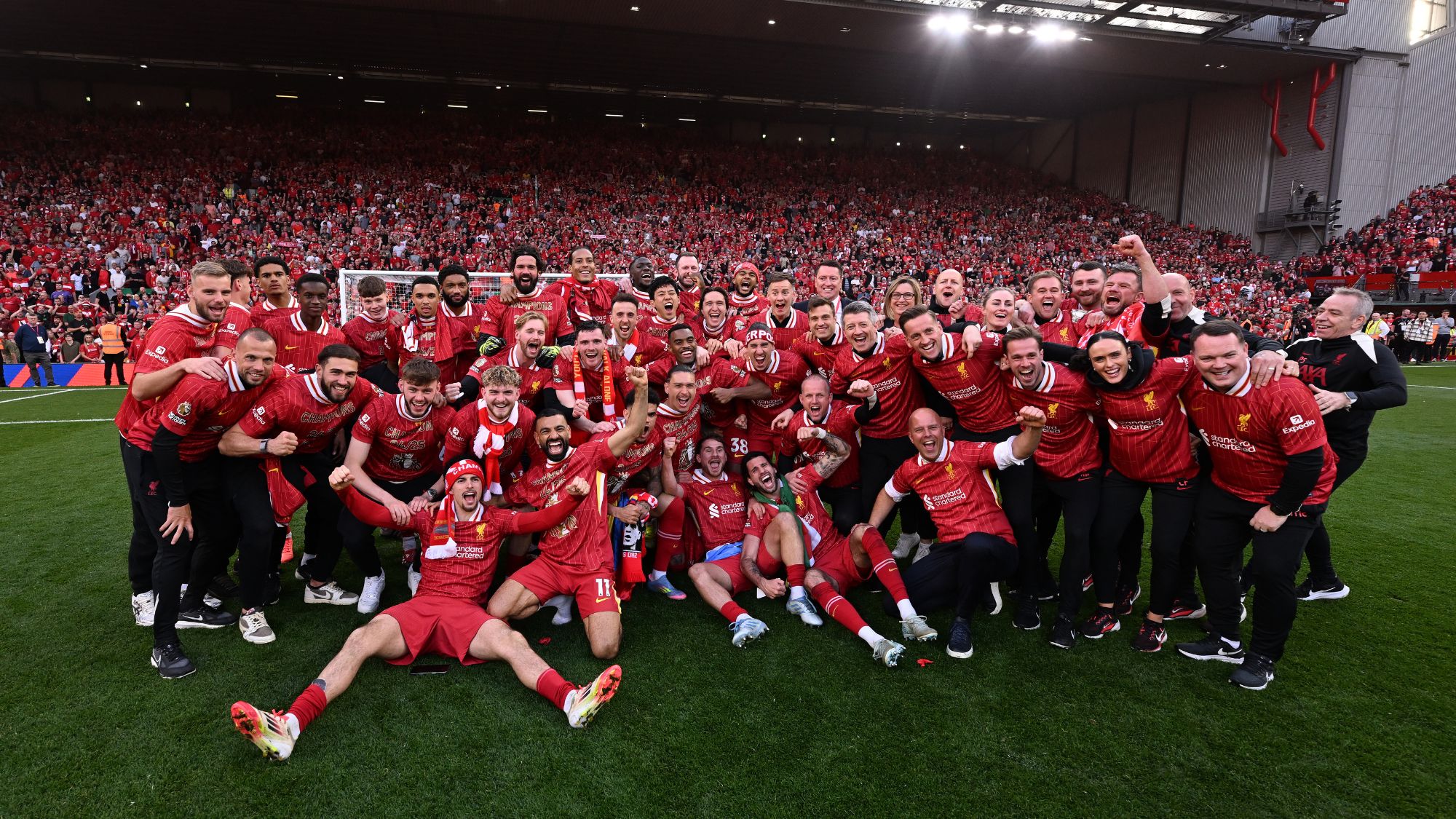 Liverpool's Anfield redemption: how did they do it?
Liverpool's Anfield redemption: how did they do it?Talking Point Arne Slot's blueprint and standout player performances guide the Reds to record 20th league title
-
 Torpedo bats could revolutionize baseball and players are taking notice
Torpedo bats could revolutionize baseball and players are taking noticeIn the Spotlight The new bats have been used by the New York Yankees with tremendous success
-
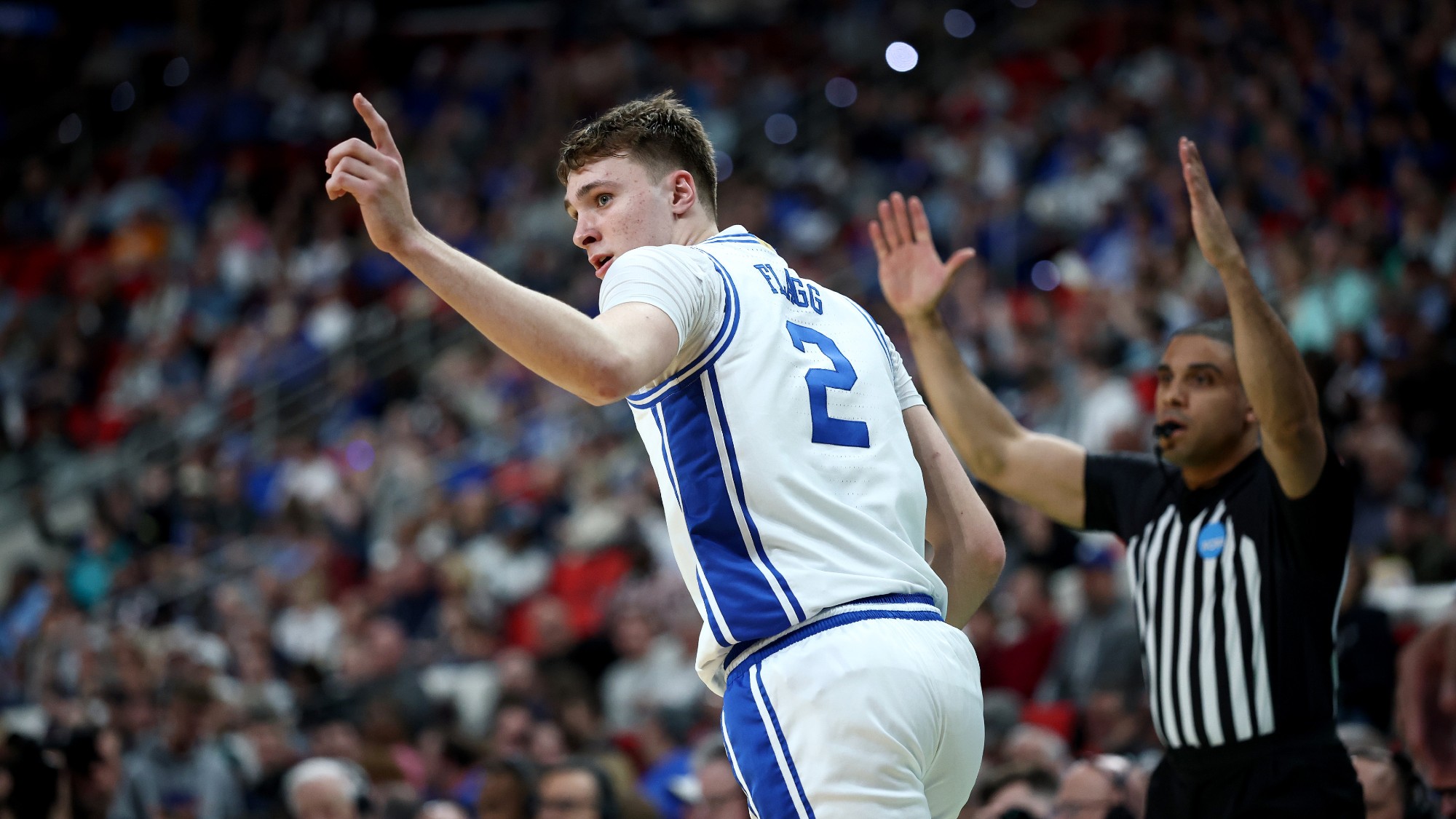 How is March Madness changing in the era of NIL and sports betting?
How is March Madness changing in the era of NIL and sports betting?Today's Big Question College sports has experienced a revolution. NIL payments are letting players get paid. The rise of sports betting has brought new pressures to the game.
-
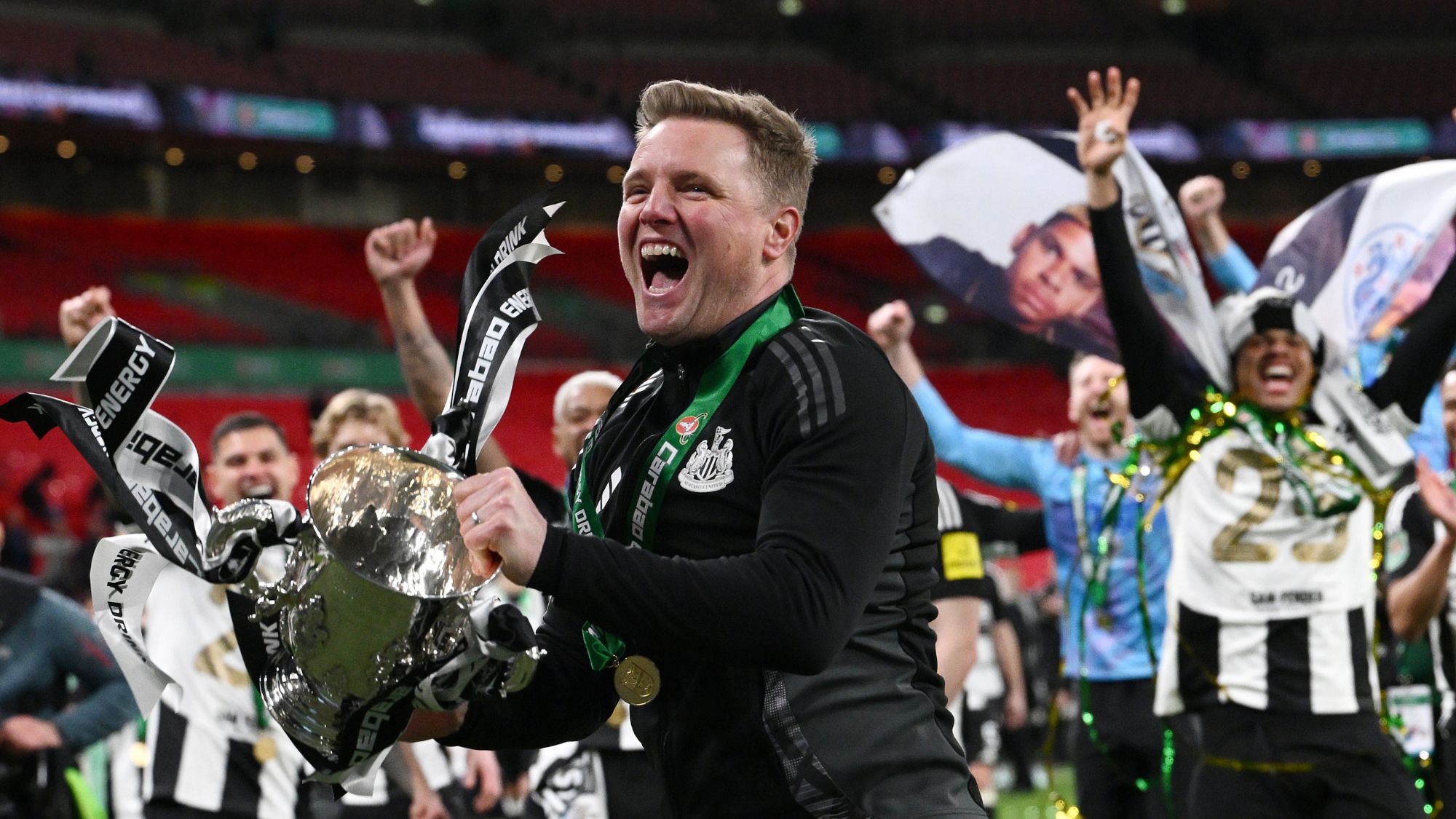 Where are all the English football managers?
Where are all the English football managers?Talking Point Eddie Howe's Carabao Cup success underlines absence of homegrown coaching talent in the Premier League
-
 New Trafford: can it fix Manchester United's footballing problems?
New Trafford: can it fix Manchester United's footballing problems?Talking Point Plan for £2 billion stadium despite staff job losses and lack of success on the pitch